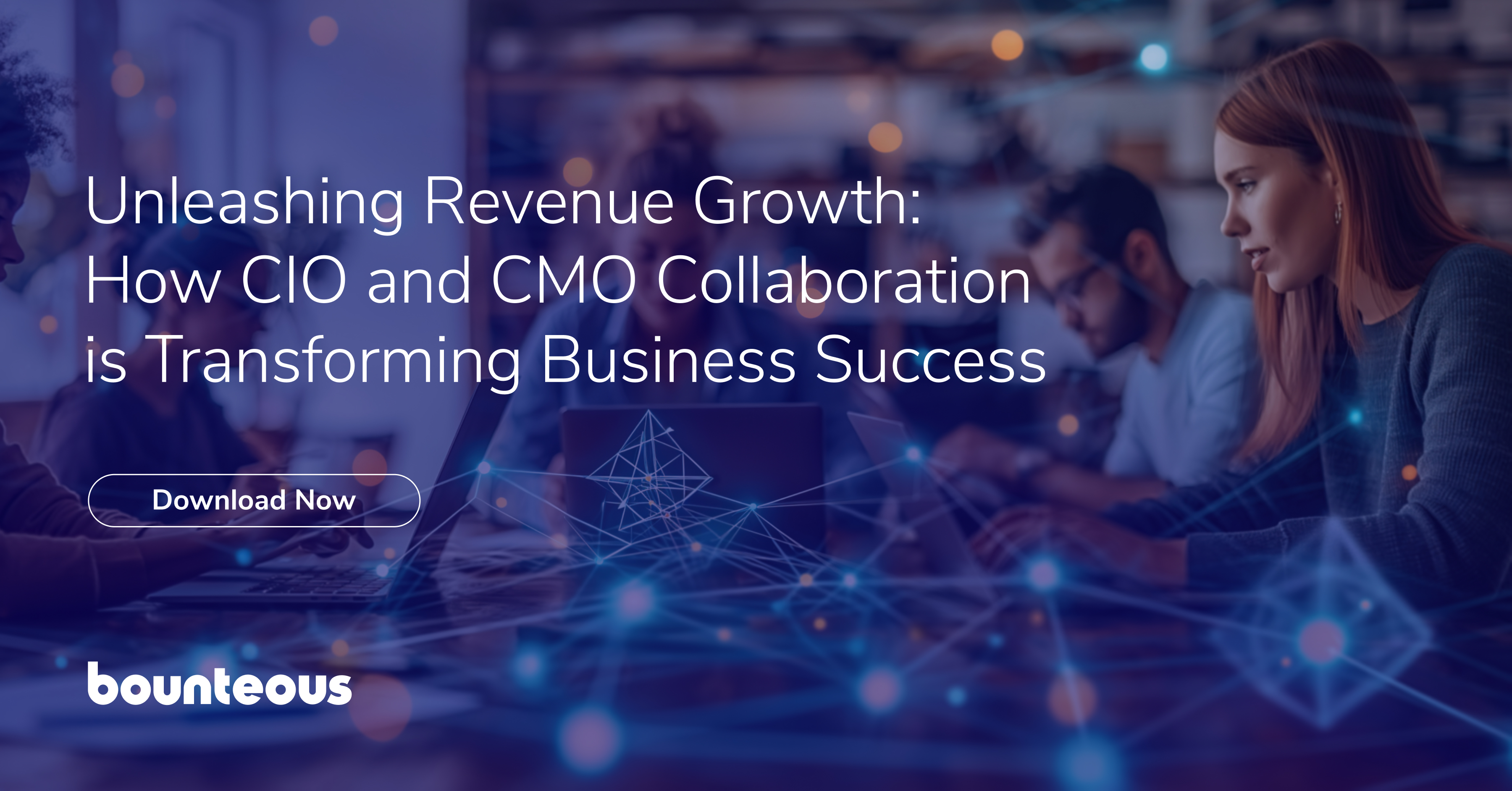Investing in a CMS? Here Are the Four Big Questions to Ask
A Content Management System (CMS) is software that helps organizations create, manage, and deliver content to their users. A CMS can empower you to take greater control over your web presence, and maintain it efficiently. Smart CMS platforms also provide a layer of Customer Experience Management (CXM), which enables brands to understand the conversations their users are having on different channels, and to proactively or even reactively optimize the experience. (The suite of capabilities can have a tremendous impact for brands, a topic that will be addressed in a forthcoming post.)
Our clients have had great success with systems like WordPress, Drupal, Kentico, Sitecore, Adobe Experience Manager, and more.
These are powerful publishing tools. And, at a glance, purchasing one seems like a no-brainer for any organization. This power, however, comes at a price.
While a well-designed implementation can streamline your organization’s content creation workflow and enable rapid speed-to-market, it can be a major investment; both in dollars and hours spent mastering and maintaining the software.
Selecting the right system is pivotal. To ensure you find the best solution for your organization, you should ask yourself the following questions.
What is My Content Strategy?
First things first. Before you put time and treasure toward a CMS, you need to understand your content strategy. This means defining:
How often you will produce content. Will you update your site daily? Weekly? Monthly? The consistency of your content delivery. Will you publish on a predictable schedule, or on an ad-hoc basis? Who will develop your content? Will you go in-house, or lean on agency support?
If you can’t answer these questions, your organization isn’t ready to select a CMS…yet. A common mistake people make is rushing to the Gartner Magic Quadrant, and purchasing and integrating a complex, highly customized, CMS to host what is—or should be—a static site.
Do I Need a CMS?
Once you’ve defined your content strategy, you’re ready to determine whether your organization needs a CMS. This means asking:
- Do I need fast speed-to-market?
- Will I update my content frequently?
- Will the site be maintained by people who are technically proficient?
If you answered yes to any of the above questions, a CMS will likely benefit your organization. If you answered no to all of the above, a CMS might be unnecessary. If you only update a couple pages per quarter, it likely won’t be worth the cost of ownership.
What is My Budget?
When you’re purchasing a CMS, remember that the cost of the system itself represents just a small fraction of the total outlay. On top of the license (which may require annual renewal), you will have to pay for hosting, plus the training of your users—both developers and the less technically savvy. Additionally, if you don’t have a web design and development team at the ready, you will need an outside agency to handle strategy, design, and development—including the customization your organization will likely require.
It’s important to be practical about both your budget and the realities of CMS costs. Don’t reflexively rule out pricier solutions, as a more competent system may require less customization and, on the final ledger, cost you less than a system with a cheaper, perhaps $0, initial cost. Likewise, don’t ignore free software simply because it’s free—the open source community has turned out many capable Content Management Systems, including one that could perfectly suit your needs.
Who Will Maintain My CMS?
A CMS is not software that you can set and forget. All major systems get updates and patches on a regular basis, some as often as weekly. Regular emergency security updates are the rule, not the exception. And these updates aren’t superfluous: they will meaningfully improve user experience and help keep your system secure from outside threats. To keep your CMS up-to-date, you will need trained personnel on hand.
Investing in a CMS is a decision as complex as it is crucial. But by asking the right questions, and arming yourself with the right information, you can find an effective and reliable long-term solution for your organization’s content management needs.


